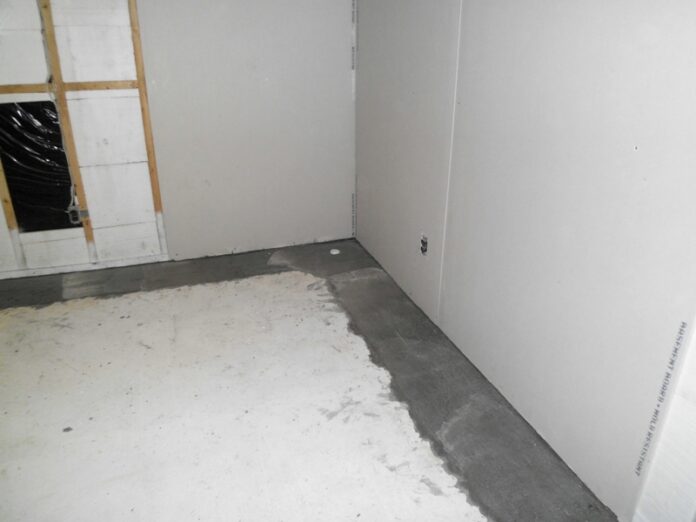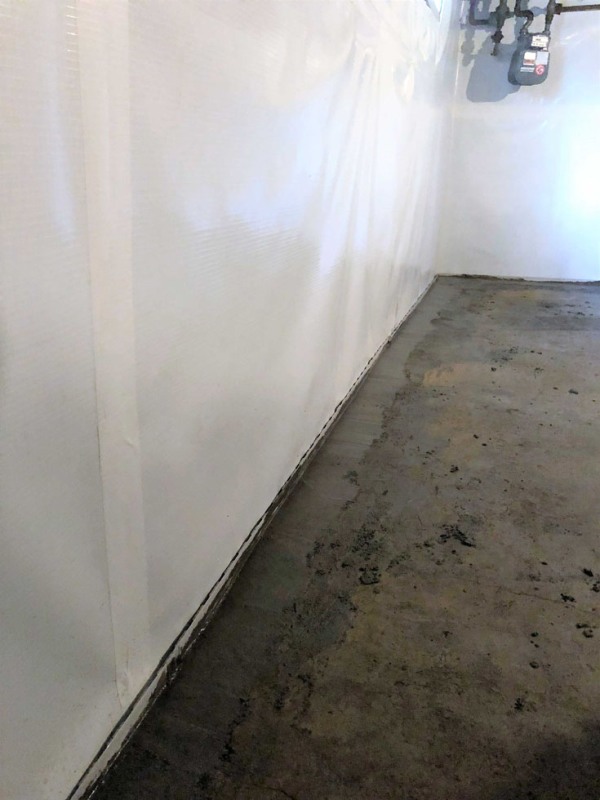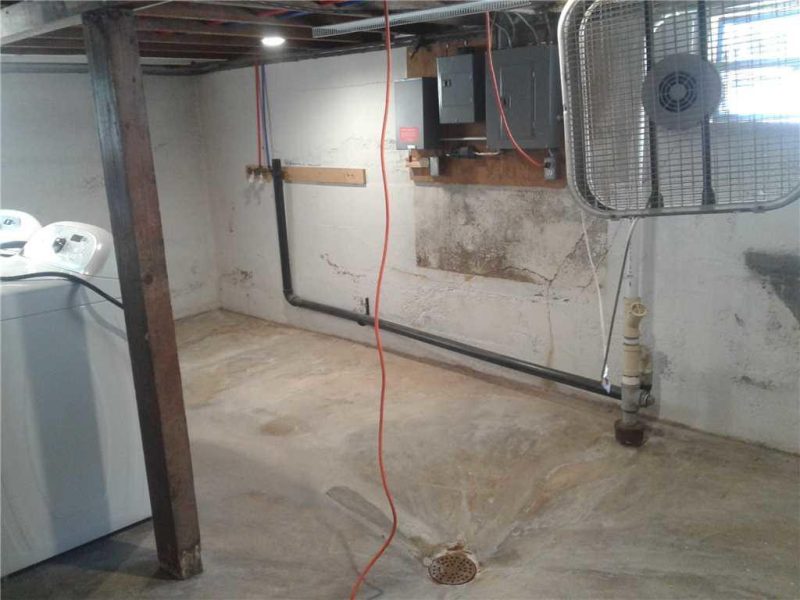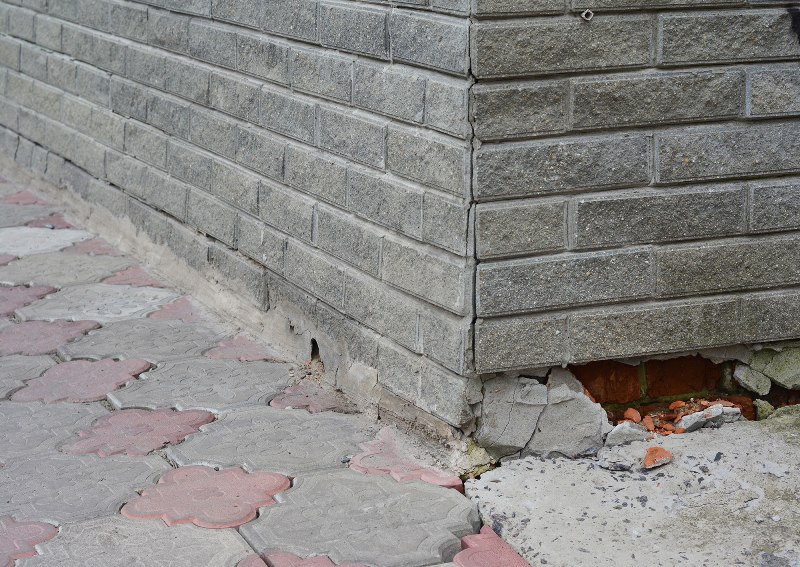During home upgrades and makeovers, most homeowners focus on the parts of their home that they frequently use – the common area, bedroom, bathroom, and kitchen. However, rooms that serve as storage areas, like the basement, don’t get much attention. Although you may not use them every day, it doesn’t mean that they don’t deserve any improvement.
Basements and cellars are of paramount importance as additional storage space for your home. Apart from that, basements have become a symbol of privacy in households, and they also enhance a property’s value. To ensure that they serve their purpose well, you should protect your basement through waterproofing.
What Is Basement Waterproofing?
Water seeks out its own level, and that is indeed true when it comes to groundwater. Under your home’s foundation, there is plenty of groundwater which finds its way into the surrounding soil, including where your house is established. As it seeps into your home, it will try to push up against your basement walls and flooring. Eventually, without any notice or intervention, your basement may end up becoming flooded.
As water leaks into your basement, it can lead to issues such as mold and mildew buildup due to moisture, insect infestation, and unstable foundations. Before it’s too late, stop water and moisture damage in your basement by hiring professional basement waterproofing services, like Oriole Basement Waterproofing.
After waterproofing, here are 5 ways that your home and basement will stay protected from groundwater and other undesirable factors:
Defense Against Structural Damage
Once your basement has been constructed, you might not think about strengthening it because it’s not usually exposed to outdoor elements where external factors could harm its condition. However, you’ll realize later on that your basement structure is already weakening, although your basement walls and floors may not show such indications.
With the help of basement waterproofing, you can deal with the root causes of flooding and other issues, because waterproofing fundamentally targets parts where structural damage starts. When water starts seeping into your walls and floors, it will weaken the structure and dislodge it from your home’s framework. If the water goes deeper into the foundation, all pilings that aren’t established in the load-bearing strata may shift, compress, and break.
Prevent Bacteria And Pest Infestations
Damp and cold areas provide ideal conditions for bacteria, mold, and insects to thrive. The water and moisture that has entered your basement can become the breeding ground of organisms that cause diseases in humans. Although you and your family may barely visit the basement and feel that you are not exposed to such risks, this is still a cause for alarm.
Along with molds and bacteria, small bugs can enter from the surrounding ground into the crevices of your walls. These insects include termites, carpenter ants, roaches, and beetles, and even worse, bigger animals like snakes. Once they have gained entrance to your basement, they’ll start growing their colonies. If these are left completely unchecked for months, they could climb up and migrate to other parts of your home.
While waterproofing, professionals will start with footing excavation to expose the hidden parts, and then pressure wash everything. Once it all dries out, they will seal the walls with a waterproofing membrane, covering the crevices where bacteria, mold, and pests can flourish.
Protection From High Electricity Costs
Your HVAC system is a complex configuration in your home. If you have been experiencing that your air conditioning and heating systems aren’t working efficiently, you might want to take a look at your basement. If your basement is flooding, has become damp, or has developed cracks, then it is certainly the cause of energy inefficiency in your home.
Basement floors and walls with cracks and crevices are the reasons why cold or hot air doesn’t get trapped inside your home, increasing your electricity costs. Also, high humidity levels caused by moisture in your basement put pressure on your HVAC system. When your basement is waterproofed, these gaps will be covered, improving insulation and balancing humidity levels in your home, with heating and cooling costs being reduced by up to 15%.
Avoid Costly Basement Renovation
Indeed, prevention is better than cure, and you should always apply this principle when it comes to your home renovation. To avoid extra expenses in fixing your basement and its effects on other parts of your home, have your basement waterproofed immediately even if you don’t see any signs of flooding because they might have gone unnoticed thus far.
The basement renovation costs vary according to two factors: how much damage your overall property has suffered and the amount of infiltrated water in your home’s foundation. With remediation, prices range from $10000, $25000, to $50000. Among these expenses, the costs will also increase depending on the time duration for which water has been filling the basement because more mold and stains would have already developed there.
If you have waterproofed your basement during construction or property acquisition, you’ll be protected from these expenses. If you have just recently discovered your basement flooding, having it waterproofed immediately will save you from more costs.
Decrease Insurance Claim Expenditures
Homeowner’s insurance is an excellent financial investment for your property. Whether you have a basement or not, all homeowners should consider having this policy to protect their homes from unforeseen losses and damages. By waterproofing your basement, did you know that you can save while making payments for your home insurance?
After the rainy season, most homeowners experience an increase in their home insurance payments because their insurance companies have discovered flooding in their basements.
It has already been mentioned above that the costs of waterproofing and renovating your home after flooding is unforgiving. Imagine the crevices, cracks, mold, and structural damage that your insurance provider has to consider. Since only one-fifth of your insurance covers water-related damages, you have to pay extra to cover the entire expenses of fixing them.
As soon as you have saved up enough money for a basement waterproofing service, waterproof your basement in the earliest opportunity to avoid higher home insurance claims.
Bottom Line
No matter the weather conditions, location, and strength of your home, waterproofing is essential in every household as it offers protection not just for your property, but also for your living conditions. Don’t treat waterproofing as a solution to your basement issues, but rather as a preventive measure that ensures peace of mind because it protects your home in a variety of ways.





















